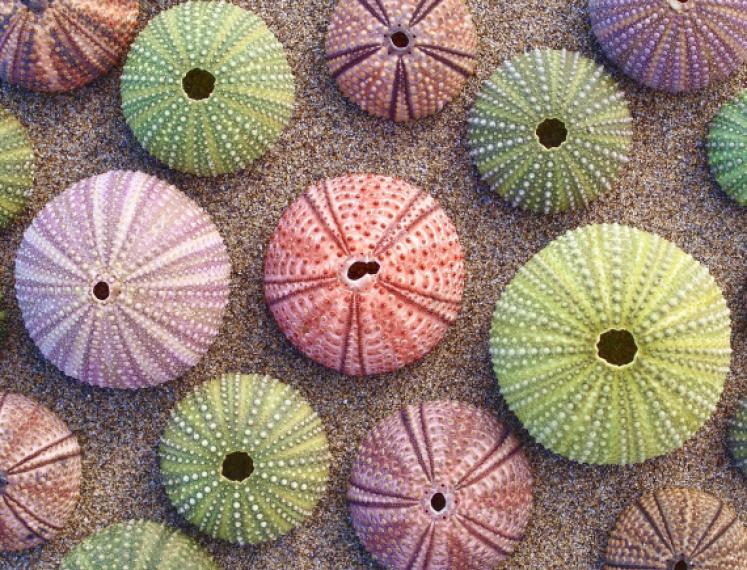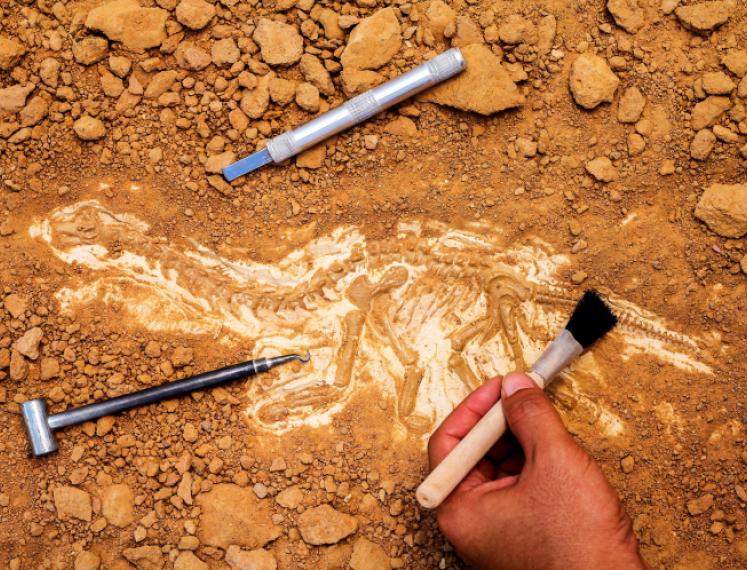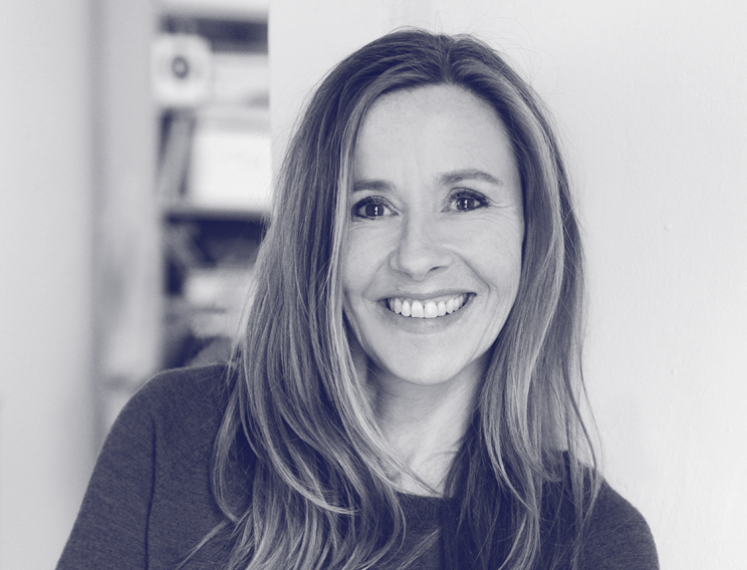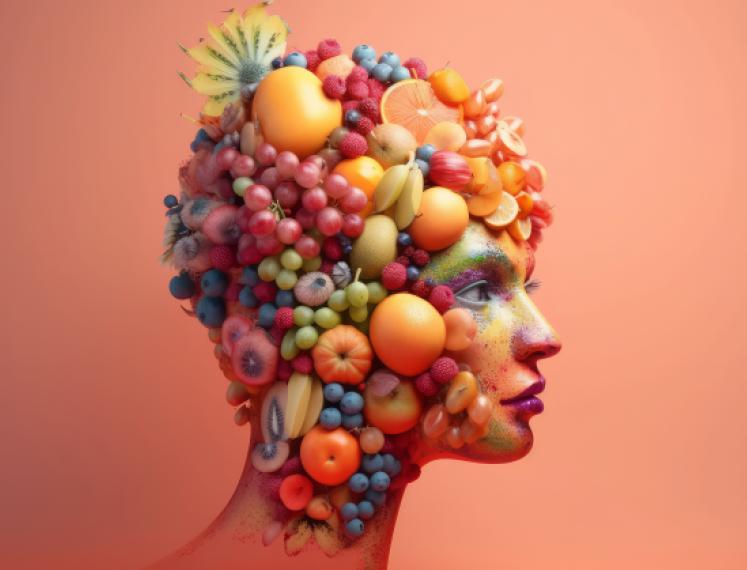
Aletta Jacobs Hall
Blauwborgje 4
Groningen
Netherlands
How Life Works
What is life and how does it work? There is no unique place to look for an answer to this question: life is a system of many levels each with its own rules and principles. Over the past decades, biology has been undergoing a quiet revolution. Several aspects of the standard picture of how life works have been exposed as incomplete, misleading, or wrong: the idea of the genome as a blueprint, of genes as instructions for building an organism, of proteins as precisely tailored molecular machines, of cells as entities with fixed identities, and more. In his most recent book, How Life Works, science writer Philip Ball explores the new biology, revealing life to be a far richer, more ingenious affair than we had guessed.
Philip Ball is a freelance writer and broadcaster, and was an editor at Nature for more than twenty years. He writes regularly in the scientific and popular media and has written many books on the interactions of the sciences, the arts, and wider culture, including H2O: A Biography of Water, Bright Earth: The Invention of Colour, The Music Instinct, and Curiosity: How Science Became Interested in Everything. He is also a presenter of Science Stories, the BBC Radio 4 series on the history of science. He trained as a chemist at the University of Oxford and as a physicist at the University of Bristol.


